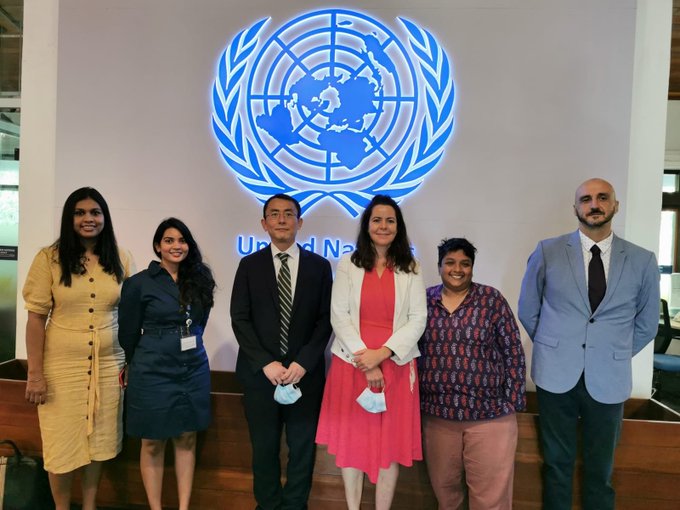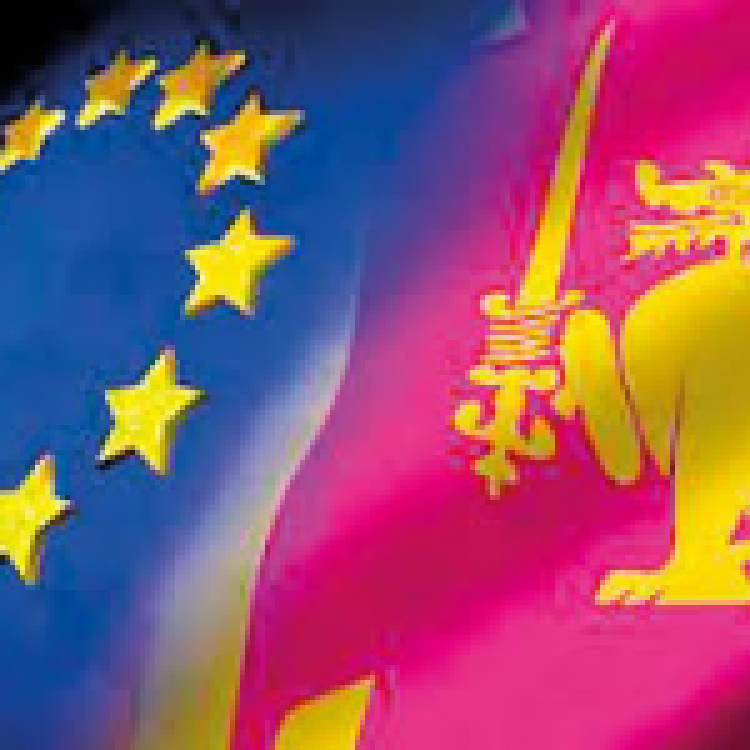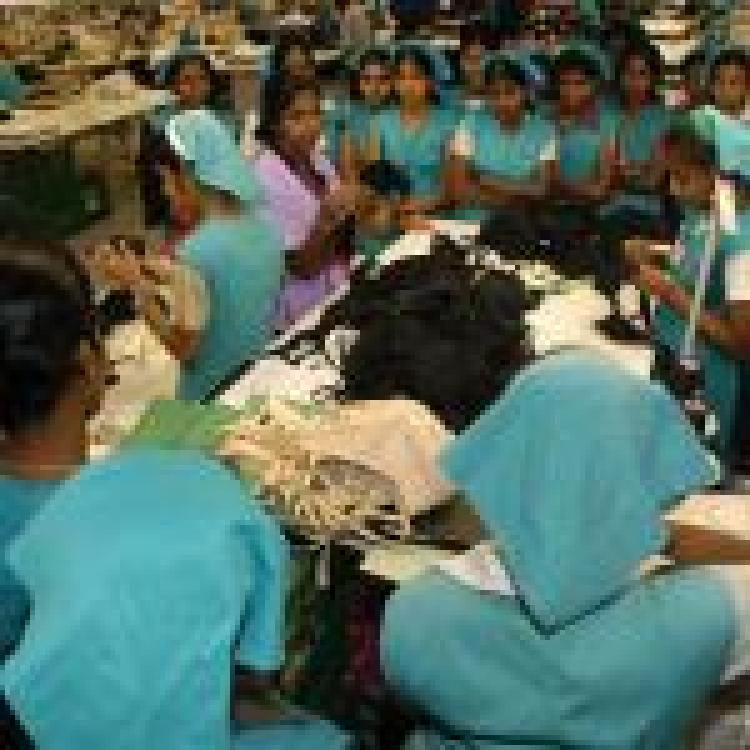Image Credit: @TomObokata on Twitter
As the UN Special Rapporteur on contemporary forms of slavery concluded his visit of Sri Lanka, he told journalists that “Sri Lanka must become more inclusive and embrace all sectors of society” to end the contemporary forms of slavery that persist in the country.
“I witnessed first-hand that Malayaha Tamils are disproportionally affected by marginalization, discrimination, exploitative working conditions and appalling living conditions,” Tomoya Obokata said.
He went on to say he was “concerned about links between labour exploitation and discrimination based on gender, age, ethnicity, caste, class” in Sri Lanka. “The Government must listen to the people, including the most marginalized ones.”
"I witnessed that in Sri Lanka, contemporary forms of slavery have an ethnic dimension," he continued. "In particular, MalayahaTamils – who were brought from India to work in the plantation sector 200 years ago – continue to face multiple forms of discrimination based on their origin."
"Another issue is language. Despite the fact that Sinhala and Tamil are official languages of Sri Lanka, I have been informed that Tamil workers are often not able to report instances of abuses to the authorities such as the Police, as many Police officers only speak Sinhala and force them to file complaints in Sinhala. This has been reported from various parts of the country."
Labour Conditions and Access to Decent Work
During his visit, Obokata met government officials, the Human Rights Commission of Sri Lanka, civil society organisations, trade unions, human rights defenders, academics and migrant workers. Obokata also visited two textile factories in the Free Trade Zone of Katunayake and tea estates in the North East.
“In light of the commitments made by the Government of Sri Lanka to achieve target 8.7 of the Sustainable Development Goals [SDG], I [assessed] to what extent progress has already been achieved,” Obokata said.
In June, a damning report by Amnesty International highlighted Sri Lanka’s abuse of garment factory workers during the pandemic. Sri Lanka’s president ordered factories to remain open despite the threats posed to workers, and those who do not comply risk losing their employment.
Last year, a complaint filed with the Human Rights Commission of Sri Lanka, by representatives of the Free Trade Zone (FTZ) factory workers alleging “cruel, inhumane or degrading treatment” of 98 factory workers, the majority of which were women. Factory workers were forced into quarantine centres by the military.
The Special Rapporteur will present a comprehensive report at the 51st session of the Human Rights Council in 2022.




